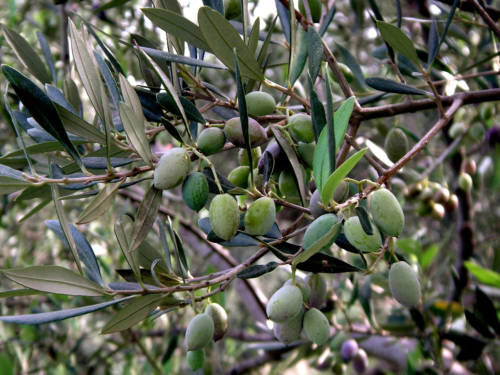Why The Olive Tree Matters For The Olympics
Though the five interlocking rings have become the emblem of the Olympics, it is not uncommon to also occasionally see a leafy crown adorning various moments of celebration.
Officially, the crown is made of laurel, as laurels have long been associated with victory and accomplishment (hence the phrase “resting on one’s laurels”)– particularly in Greece where they were a token of Apollo.
In ancient times, crowns made of laurel were given to victors of the Pythian Games (an early corollary to the Olympics), and in 2004, Greece briefly revived the tradition when they played host to the Olympics. Originally, however, the prestige of celebratory Olympic plant belonged to the olive tree.
Of the four classic Greek Games (including the aforementioned Pythian Games), the Olympics– named for their proximity to Olympia, Greece– were the most esteemed, having long outlived the other three.
According to legend, the sacred olive tree– named the Elaia Kallistephanos— was planted by Hercules (who, it is said, founded the Olympic games in the first place).
Unlike the laurel crowns given at the Pythian Games, the Olympic Games crowned their victors with branches from the olive tree– a symbol of human continuity. In contrast to today, there was no first, second, or third place; there was only one winner for each event, who would be crowned with a wreath of wild olive branches sourced from the sacred tree near Olympia.
According to legend, the sacred olive tree– named the Elaia Kallistephanos— was planted by Hercules (who, it is said, founded the Olympic games in the first place).
The famed Greek historian Herodotus recounts the tale of Xerxes (the Persian king made famous by the movie 300) as he questions a group of Greeks after a battle. Asked why so few Greeks were defending the city, one Greek soldier replied that the Olympic games were underway.
When Xerxes asked what splendid prize had tempted so many leaving their home vulnerable, the Greek solider replied the champion would receive only a wild olive wreath. Xerxes’s general, hearing this, exclaimed, “Good heavens, what kind of men are these that you have brought us to fight against– men who compete with one another for no material reward, but only for honor!”



































